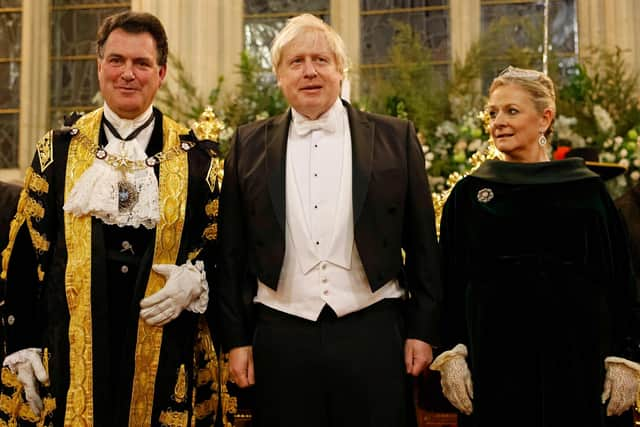Scottish carbon capture cluster ‘remains important’, Boris Johnson tells Ian Blackford
The cluster, which includes the Acorn project in Aberdeenshire, lost out on additional funding and priority to two schemes in Liverpool Bay and Teeside when the UK Government announced its first track of funding for carbon capture last month.
The Scottish Government has repeatedly criticised the decision, with net zero Cabinet secretary Michael Matheson labelling it "illogical".
Advertisement
Hide AdAdvertisement
Hide AdResponding to a question from SNP Westminster leader Ian Blackford on Monday, Mr Johnson said the project "remains a strong contender".


He said: "The Acorn project remains a strong contender as I have told him several times across this despatch box.
"He shouldn't give up hope, it's a very interesting project. We will look at it."
During the first week of COP26, Nicola Sturgeon wrote to the Prime Minister demanding he reverse the decision.
In a letter, the First Minister said awarding the cluster "reserve" status gave "no clarity" to it, and questioned whether the cluster would receive financial support from the Treasury or the project could rely on the UK Government as a lender of last resort.
The first two clusters selected by the UK Government will aim to be up and running by 2025, with an additional two yet to be announced by 2030, each sharing a pot of £1 billion.
Comments
Want to join the conversation? Please or to comment on this article.